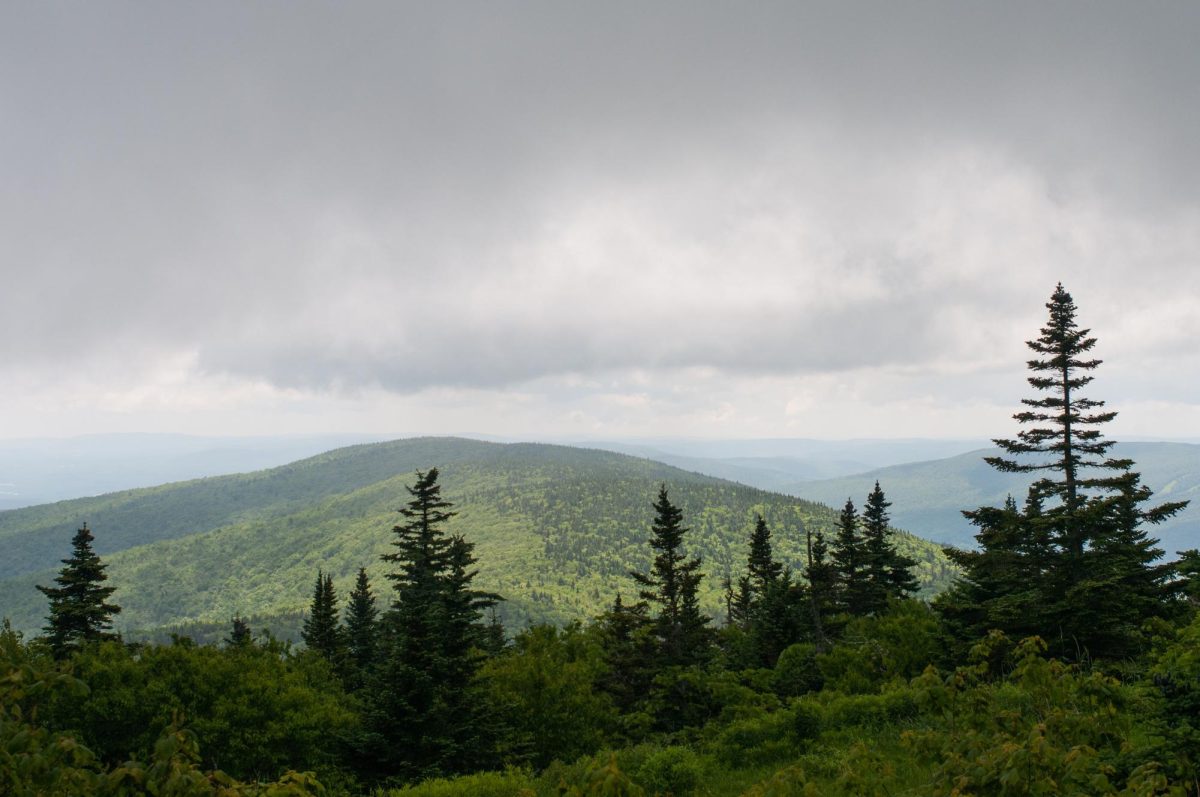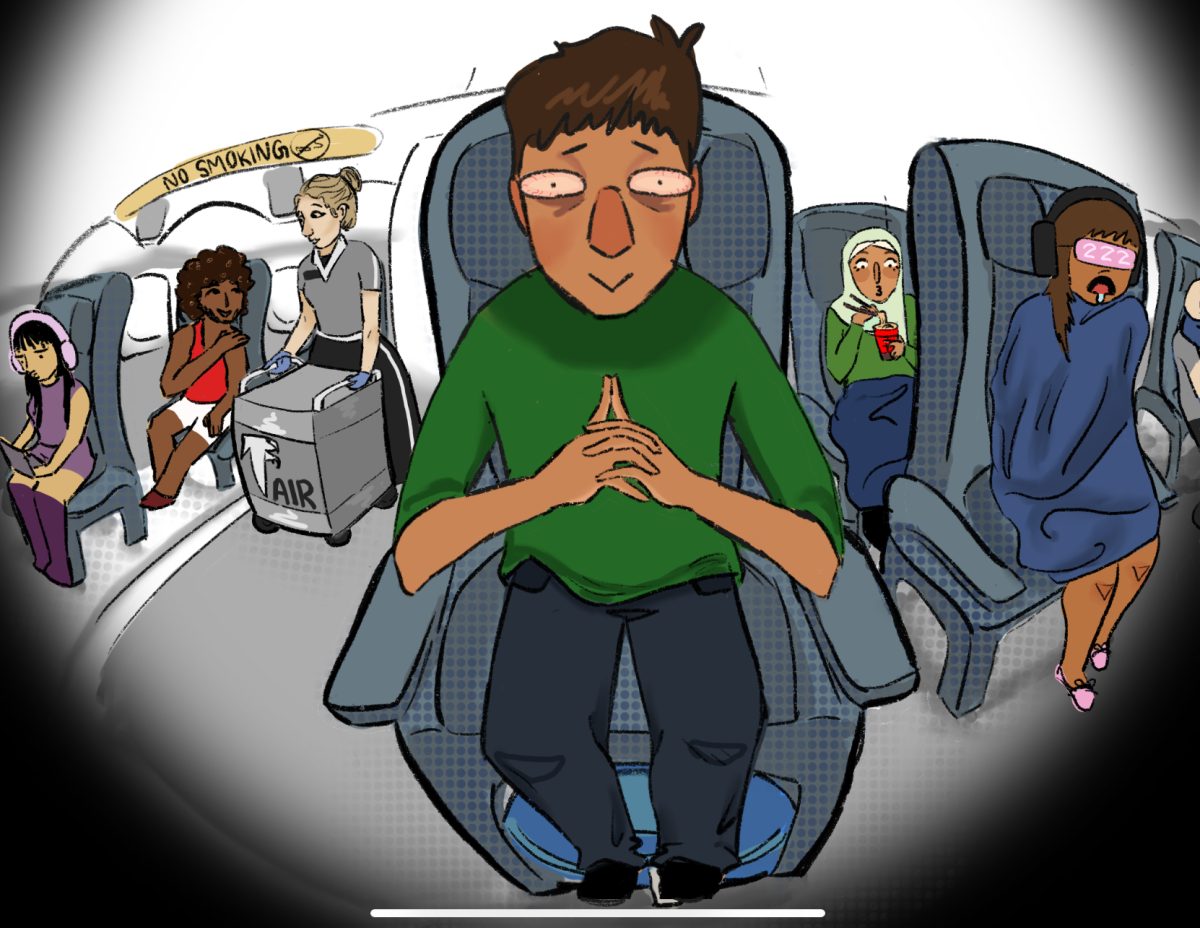In Massachusetts and across the U.S., land acknowledgements have become a routine part of public life. Before events, performances, and commencements, someone might lead a moment of silence or simply announce that the presently occupied land once belonged to indigenous tribes such as the Wampanoag, Nipmuc, or Massachusett. It is meant to be a gesture of respect, recognizing the past, and raising awareness of Native American history, but there are some questions worth asking: how far back should we go to “honor” past ownership of the land we live upon today? Is “land acknowledgement” legitimate history, or is it merely a trendy, progressively-selected view of a history far more reaching and complex? What about those indigenous peoples of ages even further back? Should we not also acknowledge their ownership once upon a time?
Human history has always been defined by movement, conflict, and conquest; tribes, kingdoms, empires—none have remained static or untouched. Some groups migrate in search of resources, treasures, or glory, while others are forced out by war, disease, or famine. What we call “ancestral land” today may have belonged to a completely different group just a few centuries, or even decades, before the more recent claimants. Indigenous history in North America reflects this: tribes have frequently displaced one another. Just like every other part of the world, the idea of permanent, uninterrupted ownership of a specific piece of land is more myth than reality. That is not a critique; it is simply how human societies have always functioned. The Native American history we acknowledge in the present day fails to account for these migration patterns, often falsely attributing land to particular groups.
So when people stand up and declare, “This land belongs to the ___ tribe,” they are often skipping over thousands of years of previous human history. They are drawing a line at a specific point—usually right before European colonization—and saying, “That’s where we’ll stop the clock.” But why stop there? Why ignore the waves of migration and conflict that came before colonization? Some argue that European colonization was uniquely destructive, and there might be some truth to this; but that does not erase the fact that conquest, land struggle, and displacement occurred long before ships ever landed in Plymouth.
World history is defined and advanced by the victors, and land acknowledgements are compensations for the losing side, the group that was forced to move as a result of being the lesser force. Accepting this does not justify war or displacement; it just gives us a fuller, less romanticized picture of how human societies evolve. The world was never peaceful or perfectly fair; it was shaped by competition, resilience, adaptation, and yes, often violence. To pretend otherwise is to ignore what history actually tells us. Land acknowledgements, in this light, often oversimplify humanity’s messy and dynamic past. They reduce thousands of years of movement, survival, and conflict into a neat sentence meant to convey guilt. But history does not work that way; it is not a tale of morality, but a record of who moved, who stayed, who won, and who lost, over and over again.
This article also appears in our June 2025 print edition.













